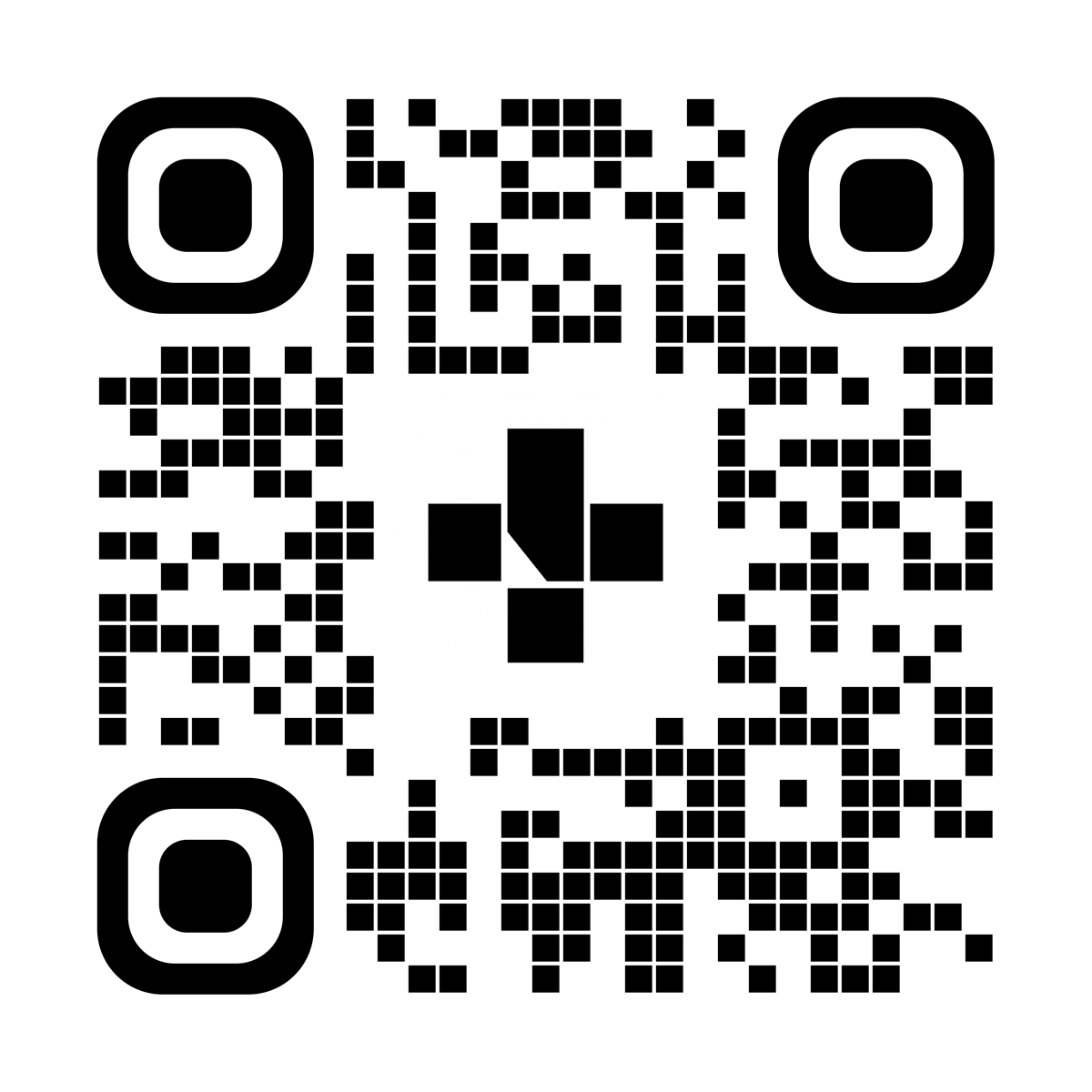Sexual Assault
Your care instructions
Sexual assault is any type of unwanted sex or sexual touching. A sexual assault may include force, physical force, threats, or intimidation. Sexual assault is an act of violence that uses sexual acts as a weapon.
Many people who are assaulted believe it’s their fault. Remember: The assault was not your fault.
It’s normal to feel sad or afraid, and these feelings may stop you from getting help. You can get support from experts in sexual assault care who understand these concerns.
Follow-up care is an important part of your treatment and safety. Your healthcare provider may have asked you to come to a follow-up appointment or have blood tests done. It’s important to go to these appointments. Make sure to call your healthcare provider if you’re having problems. It's also a good idea to know your test results and keep a list of the medicine you take.
How can you care for yourself at home?
- If you don’t have a safe place to stay, tell your sexual assault care provider, they can help. Your police department, hospital, or clinic may have information on shelters and safe homes.
- It may help to speak with a counsellor trained in sexual violence, join a support group, or look online for a support group to help you with your feelings.
- To protect sexual partners from getting an infection, consider using barrier protection (such as condoms) until all your follow-up testing is done. This takes about 3 months.
- It’s normal to be anxious or afraid to have sex after a sexual assault. Talk to your sexual assault care provider or healthcare provider if you have concerns.
Medicine
Your healthcare provider may prescribe medicine for you. It’s important to take all medicine as prescribed.
- You may be prescribed antibiotics to help prevent infection.
- You may be prescribed the emergency contraceptive pill, also called the morning after pill, to help prevent pregnancy.
- The emergency contraceptive pill may not bring back your period right away. Your period may come early or late, but it will come in the next 4 weeks.
- You may have spotting or bleeding between periods after taking the emergency contraceptive pill.
- If you don't get your period within 4 weeks of taking the emergency contraceptive pill, do a pregnancy test. See your healthcare provider, go to a birth control or sexual health centre, or take a home pregnancy test.
- You may be prescribed medicine to help prevent HIV (the virus that causes AIDS).
- Take this medicine exactly as prescribed.
- If you stop taking the medicine before 28 days, you may not be protected from HIV.
- Stopping the medicine can also cause problems with treatment later. Take all the medicine, go to all follow-up appointments, and have all follow-up tests done.
- You may have side effects from the medicine. Your healthcare provider can tell you what to expect and how to feel better.
- Your healthcare provider may recommend you have a vaccine to prevent hepatitis B, which is spread through sexual contact. If you haven’t had the hepatitis B vaccine before, you'll need 3 doses.
When should you call for help?
If you have questions or concerns or you need to speak with someone, please call a sexual assault centre, speak with your healthcare provider, or call Health Link.
To see this information online and learn more, visit MyHealth.Alberta.ca/health/pages/conditions.aspx?Hwid=custom.ab_sexualassault_ac_adult.

Related to Sexual Assault
For 24/7 nurse advice and general health information, call Health Link at 811.
Current as of: October 27, 2023
Author: Sexual and Reproductive Health, Alberta Health Services
This material is not a substitute for the advice of a qualified health professional. This material is intended for general information only and is provided on an "as is", "where is" basis. Although reasonable efforts were made to confirm the accuracy of the information, Alberta Health Services does not make any representation or warranty, express, implied or statutory, as to the accuracy, reliability, completeness, applicability or fitness for a particular purpose of such information. Alberta Health Services expressly disclaims all liability for the use of these materials, and for any claims, actions, demands or suits arising from such use.
